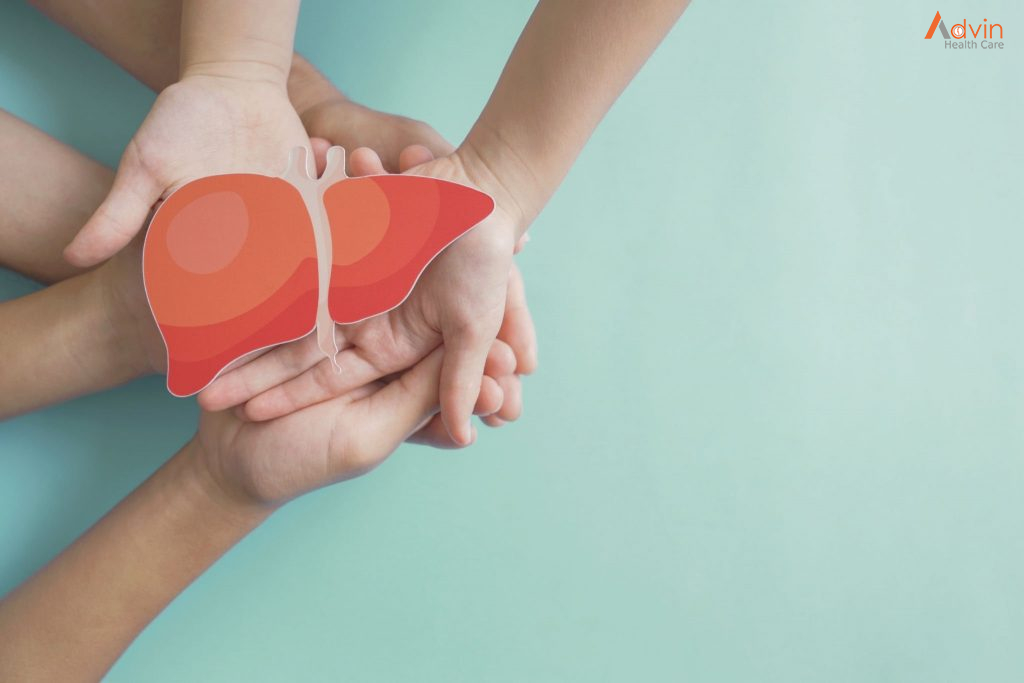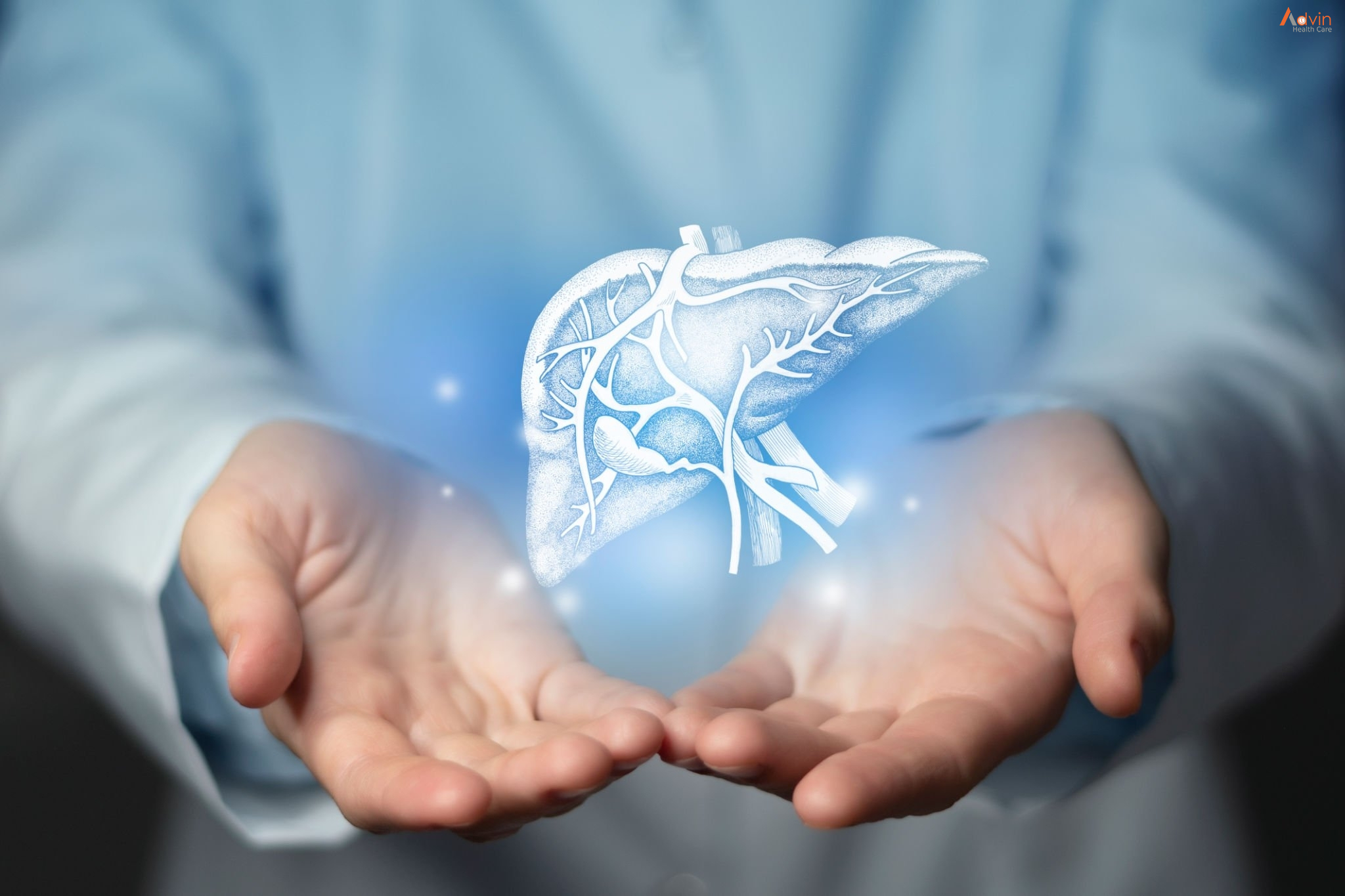A liver transplant is a surgery that removes a liver that no longer functions properly (liver failure) and replaces it with a healthy liver from a deceased donor or a portion of a healthy liver from a living donor.
Your liver is your largest internal organ and performs several critical functions, including:
- Processing nutrients, medications and hormones
- Producing bile, which helps the body absorb fats, cholesterol and fat-soluble vitamins
- Making proteins that help the blood clot
- Removing bacteria and toxins from the blood
- Preventing infection and regulating immune responses
Liver transplant is usually reserved as a treatment option for people who have significant complications due to end-stage chronic liver disease. Liver transplant may also be a treatment option in rare cases of sudden failure of a previously healthy liver.
The number of people waiting for a liver transplant greatly exceeds the number of available deceased-donor livers.
Receiving a portion of a liver from a living donor is an alternative to waiting for a deceased-donor liver to become available. Living-donor liver transplant is possible because the human liver regenerates and returns to its normal size shortly after surgical removal of part of the organ.
What is a liver transplant?
Liver transplant is a surgery performed to replace one’s damaged liver with a whole or partial healthy liver from another person. It is done to save a person’s life. Healthy liver constitutes a healthy and happy life.
The liver is the largest internal organ and performs hundreds of different functions for the body, which include fighting infections, detoxifying all the chemicals, and manufacturing protein and minerals. The liver holds approximately 10% of the blood in your body and it is the only organ to regenerate or regrow by itself. So if someone donates half of their liver to the person who needs a transplant, his/her liver will return to its normal shape and size in almost 2 weeks. Therefore, a liver transplant gives a new life and a new ray of sunshine to a person suffering from any liver disease.
Why liver transplants are done?
A liver transplant is done when someone is suffering from liver failure or liver cancer. Liver failure can either occur quickly or after a long period of time. Acute liver failure is a condition where failure occurs quickly in a matter of weeks. Acute liver failure may need a transplant but it is often used to treat chronic liver failure which starts slowly or may take months and years to get noticed.
One of the common causes of chronic liver failure is a condition called cirrhosis. Cirrhosis is the last stage of liver disease where a healthy liver gets replaced with scarred tissue (fibrosis) caused mainly due to certain conditions like hepatitis and extreme alcoholism and it permanently damages the liver. Hence, a patient will be needed an immediate liver transplant to cure cirrhosis. Other causes of cirrhosis are:
- Nonalcoholic fatty liver disease
- Hemochromatosis (Iron buildup in the body)
- Wilson’s disease (accumulation of copper in the liver)
- Autoimmune hepatitis
- Biliary Artesia ( poorly formed bile ducts)
- Genetic digestive disorder
- Cystic fibrosis
Who requires a Liver Transplant?

If you are facing any liver-related disease or if your liver stops working then you need a liver transplant. The transplant is needed only when the condition is serious and life-threatening and you reach the end-stage of the disease. You might require a liver transplant which you are suffering from cirrhosis. The causes are mentioned above. Also if you have liver cancer, the doctor can suggest a transplant.
Possible risks and complications of a liver transplant
Any surgery or transplant comes with possible risks and complications that might arise. It is not necessary that all transplant comes with risk. In the case of a liver transplant, there are a few below-enlisted risks and complications during or after a transplant.
- Rejection of the donated liver, Sometimes after a transplant, the body rejects the donated liver or starts attacking the liver.
- Blood clots
- Bleeding
- Damage to the bile ducts, During a liver transplant, one of your bile ducts can suffer blockage or leak.
- Failure of the donated liver, There is a chance that the new liver stops responding to the body or does not work properly.
- Infection, After a liver transplant surgery, many face infection as it takes time for a body to accept the new liver.
Healthy liver tips

A healthy liver is equal to a healthy and happy you. It becomes extremely important to keep your body and its internal organs healthy which helps in keeping all the diseases at bay. Our health should always be our first priority and especially the liver which handles all-important functions of the body. Here are few tips to keep your liver healthy. These tips are known to all but we fail to practice or follow.
Maintain a balanced diet
Always eat a balanced diet with all necessary quantities of nutrients like vitamins, minerals, carbohydrates, and fats. Have an equal amount of fibers that you obtain from fruits, vegetables, seeds, etc. Leafy Vegetables also help to keep your liver healthy. Avoid raw or processed foods, high saturated fats, refined carbohydrates like wheat, all-purpose flour, and also cut down on sugar intake. Also have meats, dairy products, and good fats. Most important than all is water. Hydration is essential for any bodily activity to work smoothly. Have almost 10-12 glasses of water per day.
Exercise regularly
Exercise is essential to maintain a healthy life. Practice yoga or exercise regularly in the morning and evening to cut down on liver fat or burn any other fats in the body.
Maintain a healthy body weight
One of the symptoms to look for liver disease is an increase in body weight. So if your overweight or obese, try to lose weight as it can constitute more complicated liver disease.
Avoid any junk or toxic foods
Avoid junk foods that contain a large amount of gluten, sugar, and unsaturated fats. Junk or any toxic foods automatically deteriorates the overall health.
Limit your alcohol and other drinks intake
Alcohol is very dangerous to health. Intake of alcohol or any other beverages can anyway destroy your liver and kidney. Try to limit the intake and talk to the doctor about the amount of alcohol one can limit to keep the liver safe from diseases.
Cut down on smoking
Smoking not only affects respiratory organs but also the liver. Smoking cigarettes in high amounts is cancerous as it contains nicotine and tar which are harmful to our body. Try to stop smoking or limit the intake.
Limit the use of drugs
Drugs like marijuana, cocaine, heroin, inhalants are toxic to the body and can give rise to many liver complications.
Be aware of certain medicines
Always have the prescribed medicines given by the doctor consulted in the given time period and in a given quantity. Don’t consume any other traditional medicines without consulting the doctor as it can adverse effects.
Get vaccinated for hepatitis A and B
There are vaccines for Hepatitis A and Hepatitis B. These vaccines help to curb the disease and it becomes extremely important for all to get vaccinated.
Schedule a regular visit to a doctor.
Even if you are not facing any issues, having a regular checkup is necessary because there are few diseases that are asymptomatic and early diagnosis can help it cure in early stage.


